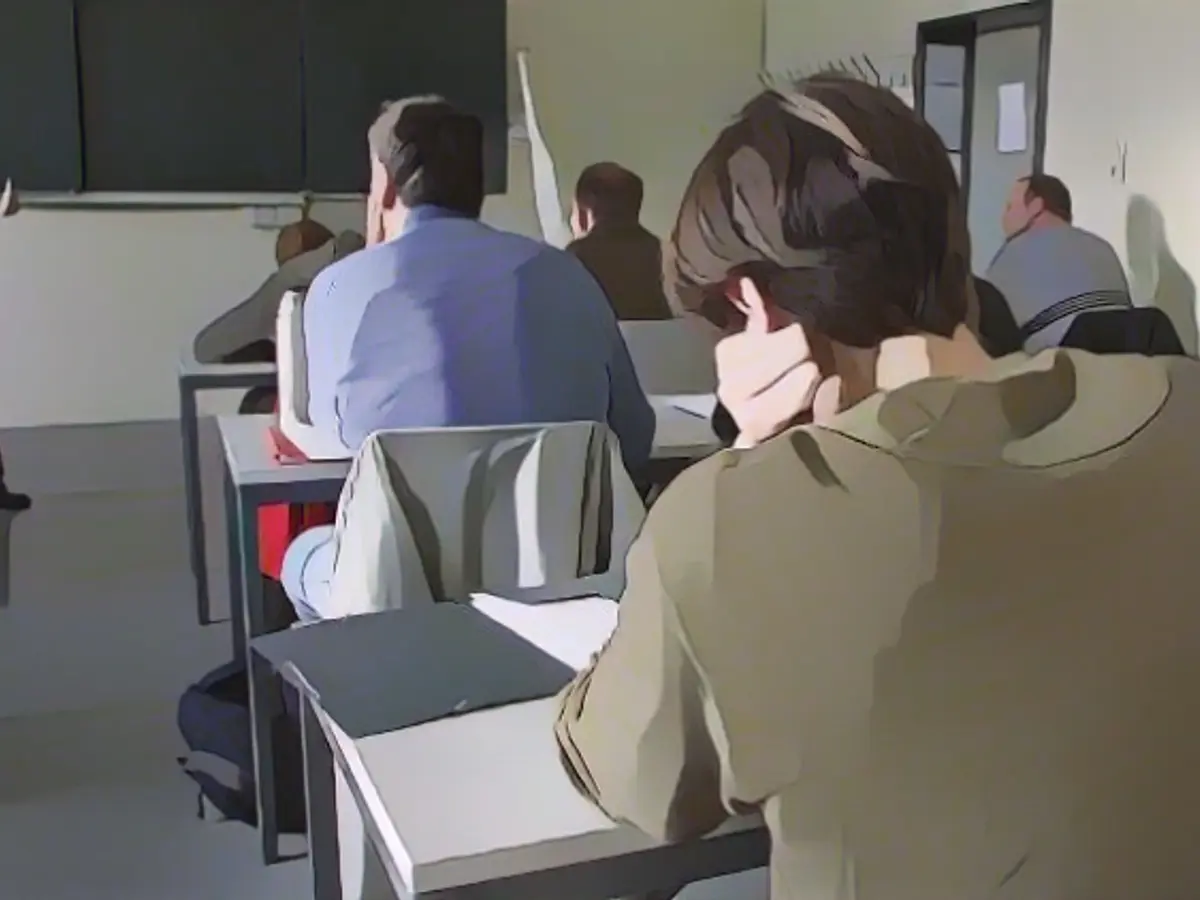What's the PISA remix again?
Plain Talk About the PISA Report, Post-COVID
The world is abuzz as Germany receives a new PISA report card. After an extended pandemic hiatus, the latest results reveal a downward trend for German students in mathematical skills. Many are wondering: Could we be witnessing a new "PISA quake"?
Let's dive into these big W questions about the PISA study (Program for International Student Assessment):
What Exactly Is the PISA Study?
The PISA study is a globe-spanning examination of student performance. It assesses the abilities of 15-year-olds in three key areas: reading, mathematics, and science. Conducted every three years since 2000, this comparative study is led by the Organization for Economic Cooperation and Development (OECD).
Which Countries Join the PISA Party?
In the 2022 survey, no fewer than 81 countries participated, with over 600,000 young people from various backgrounds taking part. In Germany, a representative sample of around 13,000 15-year-olds from all school types were included.
How Does the PISA Test Work?
These days, PISA tests primarily take place on computers. Students solve tasks in reading, mathematics, and science by navigating the computer interface. Testing materials are delivered via USB sticks to participating schools, ensuring that all students have an equal opportunity to showcase their skills.
Extras: What's In It for Teachers, Parents and Administrators?
The PISA study also gathers data from students, teachers, school administrators, and parents. This valuable information includes data on socio-economic background, learning times and environments, computer use, and lesson organization.
So, How Did Germany Fare Last Time?
In the 2019 survey, Germany ranked above the OECD average, but the results were far from the top tier. Students in Germany scored 498 in reading, 500 in mathematics, and 503 in science. Top performers, such as regional China and Singapore, scored between 550 and 590, while those at the bottom, like the Dominican Republic and Philippines, scored between 325 and 340.
Why Should People Care About PISA Results?
The OECD emphasizes that the PISA study stands out for its global reach and regularity. By conducting these exams every three years, participating countries can monitor their progress in working towards important learning goals. In Germany, the results of the first survey, known as the "PISA shock," sparked widespread debate and galvanized efforts to improve education.
But What Was the "PISA shock" Exactly?
The "PISA shock" refers to the eye-opening results of the first comparative study in 2001, which revealed poor performance for German 15-year-olds. The report also exposed a disturbing correlation between social background and educational opportunities. This scandal sparked a heated debate on education and forced schools to focus on nurturing a more equitable learning environment across different socio-economic levels.
Fast forward to 2022, and the results suggest that, unfortunately, progress has stalled, if not reversed. The world watches closely as Germany grapples with these sobering realities and considers how to address this latest "PISA tremor."
Enrichment Insights
- International Context: PISA's impact extends far beyond German borders. The study provides a crucial global benchmark for educational performance while fostering international collaboration, cultural exchange, and knowledge-sharing among participating countries.
- Policy Influence: PISA has played a significant role in shaping education policies worldwide. Governments use the data to identify areas for improvement and collaborate with other nations to share best practices.
- Core Competencies: By focusing on reading, mathematics, and science, PISA challenges educators to prioritize core competencies and create well-rounded students who can thrive in a rapidly changing world.
- Highlighting Inequalities: PISA plays a critical role in exposing educational disparities, such as those that arise from socio-economic backgrounds. By zooming in on inequalities, international institutions can work towards leveling the educational playing field and ensuring equal opportunities for all.








